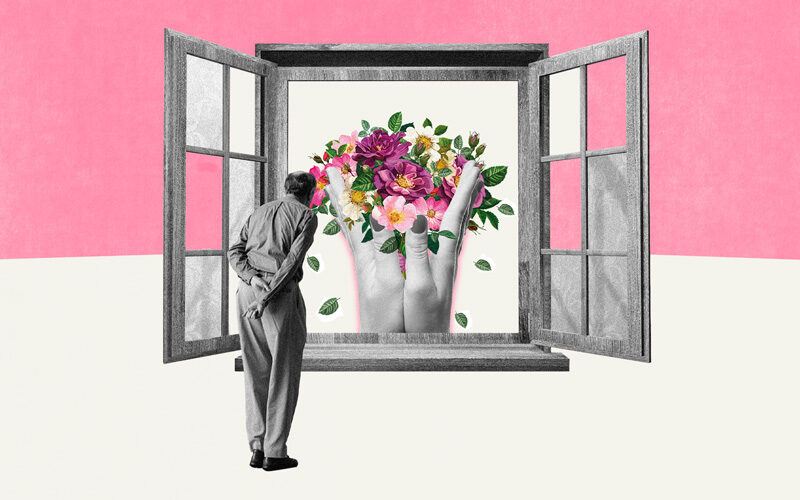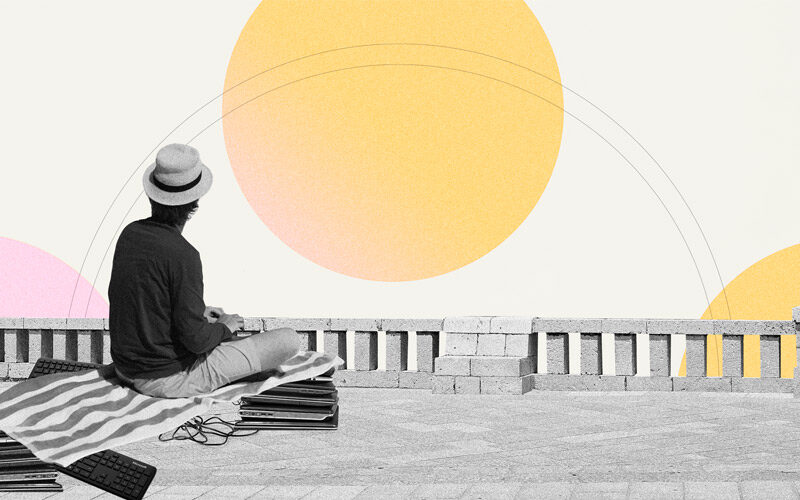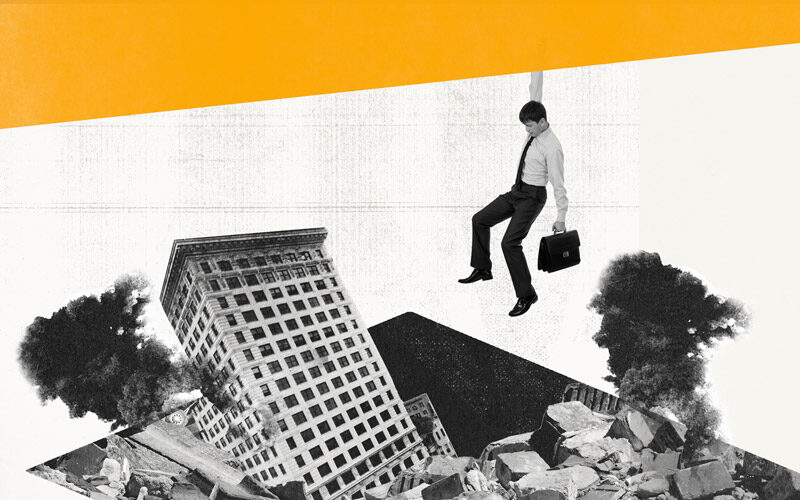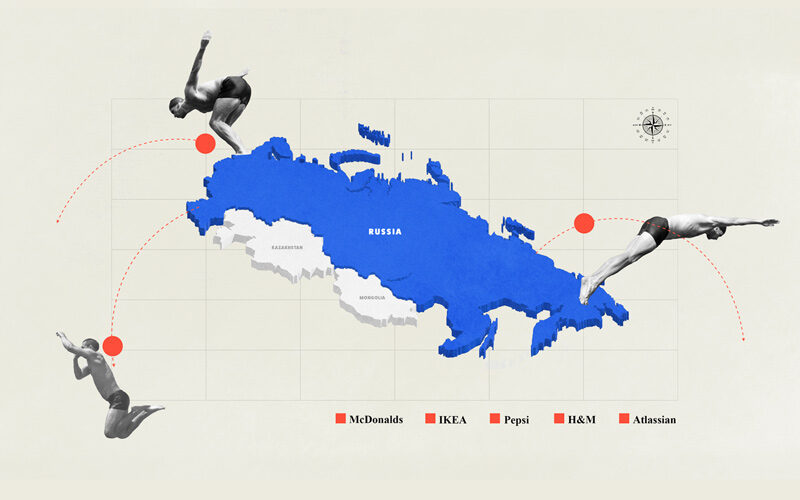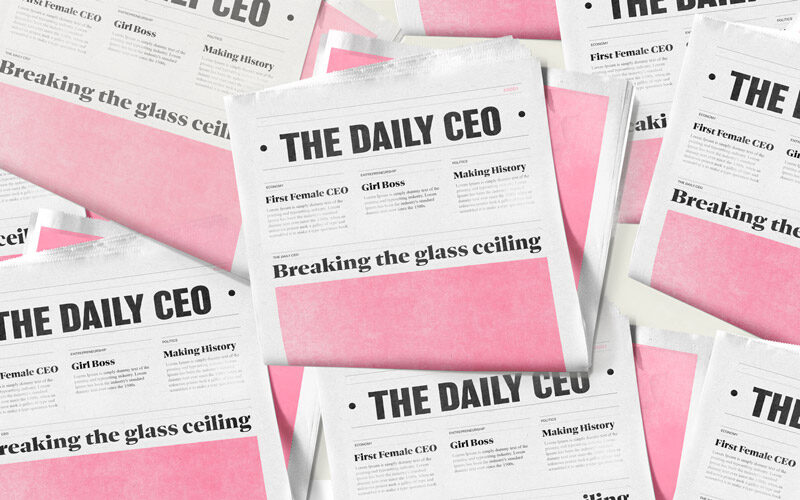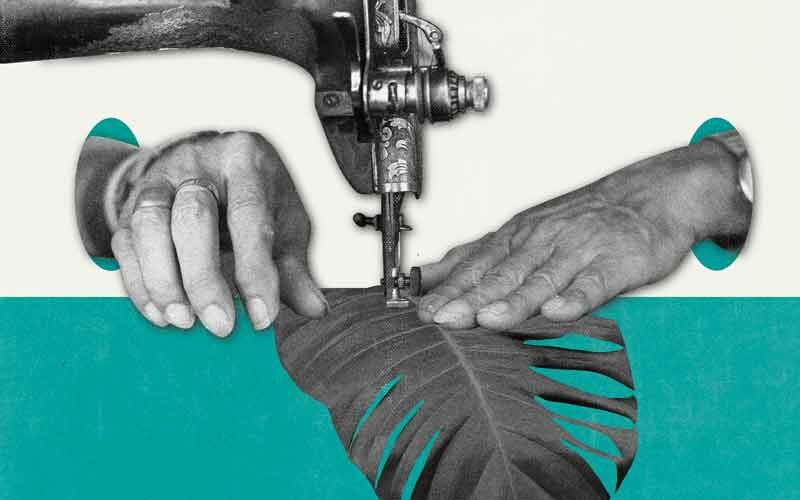“Why have we permitted the dominance of economic systems that commoditize everything? That create scarcity instead of abundance, that promote accumulation rather than sharing? We’ve surrendered our values to an economic system that actively harms what we love.” – Robin Wall Kimmerer, The Serviceberry: An Economy of Abundance
In 2008, the Lehman Brothers messed everything up for everyone socially and financially. In 2010, the US Supreme Court gave corporations the same rights as people, messing everything up for everyone socially and politically.
The capitalist system is rigged to benefit the 1%. The inequality, the waste, and the general discontent are unsustainable. So, what’s next?
Communism only works well on paper. The world’s most powerful nation is too afraid of socialism. Environmentalism is a strong contender, but we can’t commit to that without the fall of capitalism. And it’s proving to be a sticky wicket.
Could a gifting economy be the way forward for humanity?
Home economics
“Ecology” and “economy” both come from the Greek oikos, meaning “home”.
The ‘-ism’ we live under – capitalism, socialism, totalitarianism – dictates how we sustain ourselves, how we interact with each other and with our environment. It decides how we respond to surplus and scarcity. It affects our world views, mental landscapes, and languages.
Capitalism is our current home. And it’s about so much more than how we shop.
Sharing economies of ancient and indigenous people have been trampled by the current model, in which the word economy has stretched too far from “home” to be recognisable. Capitalism is built on scarcity and competition. It’s a race to collect the most by convincing others that there is not enough for everyone.
A bridge between -isms
Swapping meat for cloth worked well in pre-currency times. Now, the chances that someone will have what you want and want what you have are fairly slim. Hence, money.
But things need to change.
Gifting is nice, but sharing is probably better in terms of keeping the world turning. You can’t return to a barter system in highly individualistic global societies with complex needs.
The sharing economy is slightly different from the gifting economy. It’s an exchange of goods and services, but it’s still based on financial transactions.
And excitingly, we’re already seeing little green shoots of a sharing economy.
Examples are already all around us: ride-share apps, coworking spaces, AirBnB, Airtasker, Craigslist, Car Next Door, Depop.
We share free knowledge via Google, Wikipedia, and Reddit.
Every citizen in the developed world is an old hand with subscription models now. But these are going way beyond the digital. Breeze lets you subscribe to rent furniture. IKEA is said to be testing the same.
By far the most important and world-changing manifestation of a sharing economy will be peer-to peer energy lending. Households will generate their own energy, most commonly through solar panels, and trade it with neighbours, organisations, and the grid itself via the blockchain.
3D printing also has huge implications for the decline of the relentless buying of stuff. Some futurists predict that every household will one day be equipped with a 3D printing machine that people will feed recycled or biobased plastic pellets to print off thousands of inanimate objects – kitchen utensils, clothes hangers, toys, tools.
One day, we might even print houses.
Returning the power of production to the consumer removes the capitalist market from the equation. When people can download a .stl file and print any object at cost of materials, and reuse or recycle those items at no added cost, there is no longer profit to be made. Capitalism will only be able to sustain itself on the development of new and useful technologies.
Hope
The new sharing economy has already been blueprinted. Cantilevered on the global IoT, renewable energy, and a driverless mobility network, the economist Jeremy Rifkin believes a sharing economy will underpin the third industrial revolution.
These are scary times for the planet. Climate anxiety is real. But we are going to see some extremely cool changes to the way we live as global citizens over the next couple of decades.
Like the energy trading startup Powerledger, touted to be the next Aussie unicorn, a lot of these solutions already exist. Deployment, testing, iteration, and adaptation have already begun.
In Australia, community groups like the Kensington Good Karma Group (which is 10,000 strong and Trash Nothing are flourishing. Thousands of people are already sharing tasks and things for free.
These are the things that give us hope.
As Einstein reflected in Sacred Economics, way ahead of his time: “In nature, headlong growth and all-out competition are features of immature ecosystems. The next stage of human economy will parallel what we are beginning to understand about nature. It will call forth the gifts of each of us; emphasise cooperation over competition; encourage circulation over hoarding; and it will be cyclical, not linear. Money may not disappear anytime soon, but it will serve a diminished role…. The economy will shrink, and our lives will grow.”




